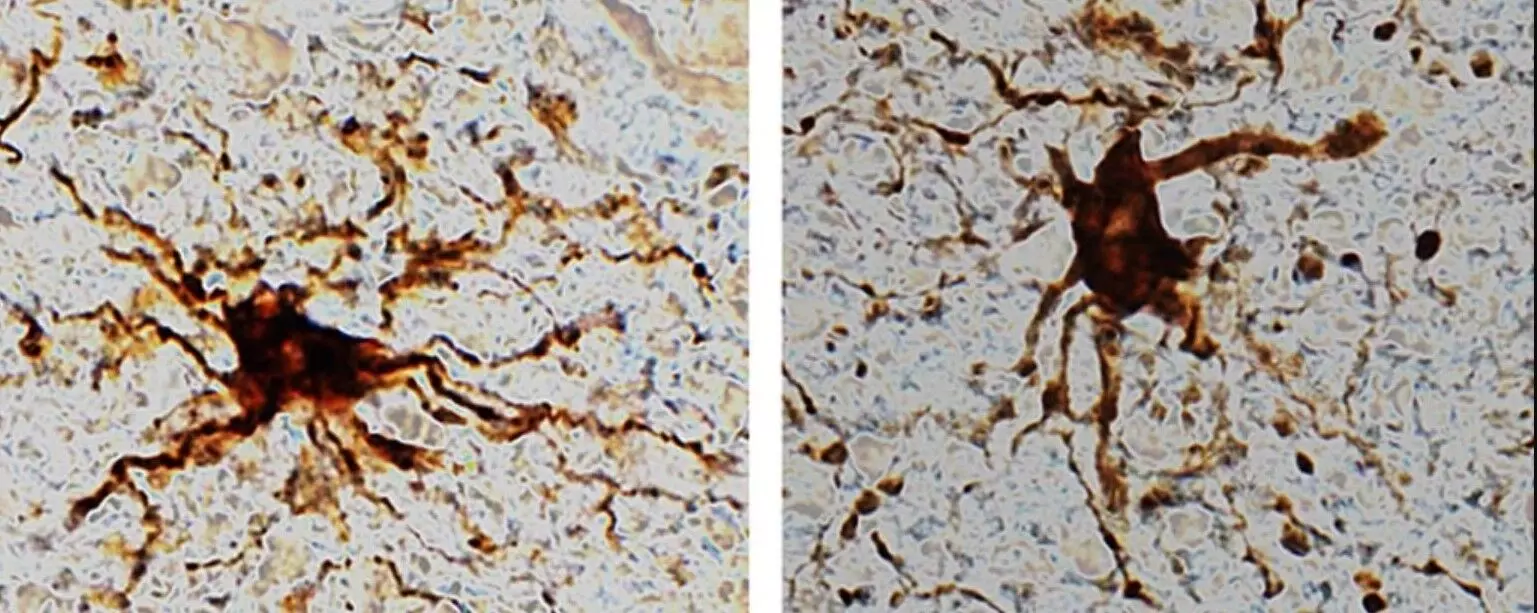
'Zombie-cells' exist in humans: Study
text_fieldsNot all human cells die after death, and some even grow, a study has found. Scientists from the University of Illinois Chicago (UIC) have discovered that certain cells in human brains increase their activity and sprout to enormous size after death.
Referred to as 'zombie cells,' these brain growing cells, namely glial cells, are inflammatory in nature. The glial cells grow arm-like tentacles for about 12 hours after death and seemingly gobble up dying cells. However, after 24 hours of activity, these zombie cells die.
Several studies found that the brain becomes inactive when the heart stops. However, the recent findings contradict that assumption. "That glial cells enlarge after death isn't too surprising given that they are inflammatory and their job is to clean things up after brain injuries like oxygen deprivation or stroke," said Jeffrey Loeb, a neurologist and the study's author, in a UIC news release.
Another discovery made by the team showed a notable difference in the transcriptional intricacy of brain genes while experimenting with fresh human brain tissue and postmortem samples of individuals without neurological disorders and with neuropsychiatric disorders such as schizophrenia, Parkinson's disease, Huntington's disease and autism disorder.
"We decided to run a simulated death experiment by looking at the expression of all human genes, at time points from 0 to 24 hours, from a large block of recently collected brain tissues, which were allowed to sit at room temperature to replicate the postmortem interval," Loeb stated. A simulated death experiment is referred to when the brain-cell activity in tissue is monitored while being removed from living patients during surgery. The team of researchers observed that the global pattern of gene expression in fresh human brain tissue wasn't the same from the reports published earlier regarding postmortem brain gene expression from people without neurological disorders or from people with neurological disorders, according to the research.
"Our findings don't mean that we should throw away human tissue research programs; it just means that researchers need to take into account these genetic and cellular changes and reduce the postmortem interval as much as possible to reduce the magnitude of these changes," Loeb noted.
The research paper is published in the journal Scientific Reports.
























